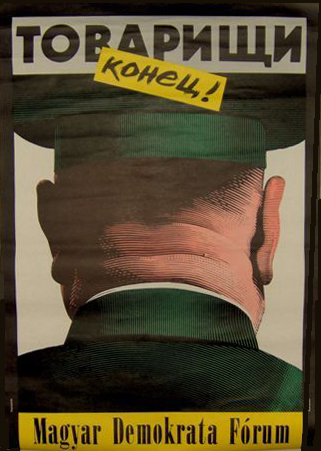At the beginning of December 2011, I had this idea of creating a special place in eTwinning where I could meet like-minded colleagues and friends, exchange ideas and support each other. I created a teachers' room (never tried before, I just thought I could give it a try: I was curious and wanted to take advantage of all of the opportunities offered by eTwinning).
I named it "eTwinning e la realtà" because I didn't want another place for talking about an ideal world, where eTwinning is always the answer, where everything is simply perfect and all we have to do is congratulate each other on our success stories. Of course there are success stories, and of course we do congratulate, but real school life is not an exhibition: that's what it is, real life - not always perfect, not always successful. And I wanted to talk about reality, about our everyday practice in European projects, about the ups and downs of our schooldays, about our needs. Who knows teachers' needs better than teachers? So, let's have a place where to state what we need and ask for it. Who knows? Someone may listen.
I called some Twin-friends, told them about my idea, asked if they were willing to join in. And that's how the teachers' room was born.
Few days after creating "eTwinning e la realtà" I was involved in a car accident. Everything was forgotten for a couple of months. But that's when the little world, together, did its magic.
When I went back to the teachers' room, I found it was full of ideas, messages, stories, jokes and projects. It was full of people with my same passion and hopes.
And we came up with this idea of creating an emagazine out of our experiences, a collection of "stories" we could use in order to compare our different journeys in European projects, to encourage new eTwinners to get more involved and to disseminate the spirit of eTwinning.
A couple of months later, here we are with our e-magazine. It was born thank to all of us, not only those who wrote the articles, but all of the others, who helped me with their suggestion, support, knowledge and, again, experience. It's so nice to feel you're doing something thank to someone else's experiences. This means that our success stories are important, but our mistakes have a value as well: they can prevent others from making the same mistake. We can provide others with the solutions we already have.
So, thanks everybody. And... here are our stories!
Rita Napoli, Rossana Falsetti, Mónika Kiss, Elena Pezzi, Maria Rosaria Fasanelli, Paola Arduini, Sandra Branconi, Barbara Furiesi,
Maria Grazia di Iasio, Laura Maffei
Maria Grazia di Iasio, Laura Maffei




.jpg)


